- Home
- personal finance
- 13 things that will trash your home's value
13 things that will trash your home's value
Sinkhole damage

City dumps and power plants
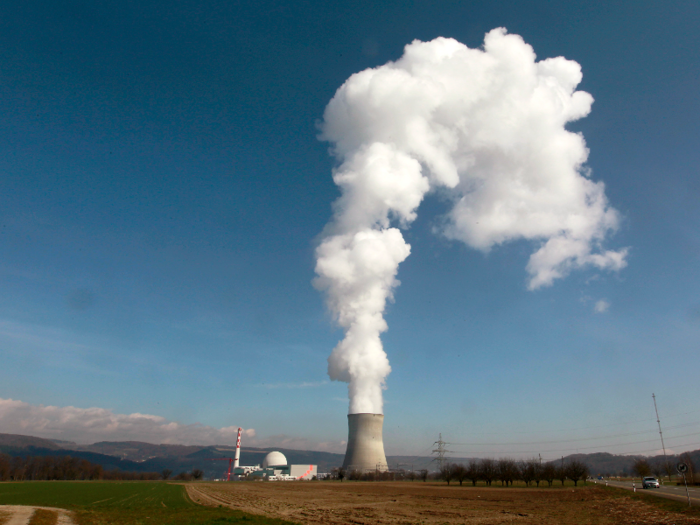
When researchers looked at five municipal landfills near residential property in Cleveland, Ohio, they found the stench was enough to drag down property values by 5.5% to 7.3%. Landfills are most hurtful in populated, expensive, residential areas. The effect was basically nonexistent in sparse, rural areas.
Likewise, the University of California at Berkeley found that homes within 2 miles of a power plant drop 3% to 7% in value.
Hoarders or messy neighbors
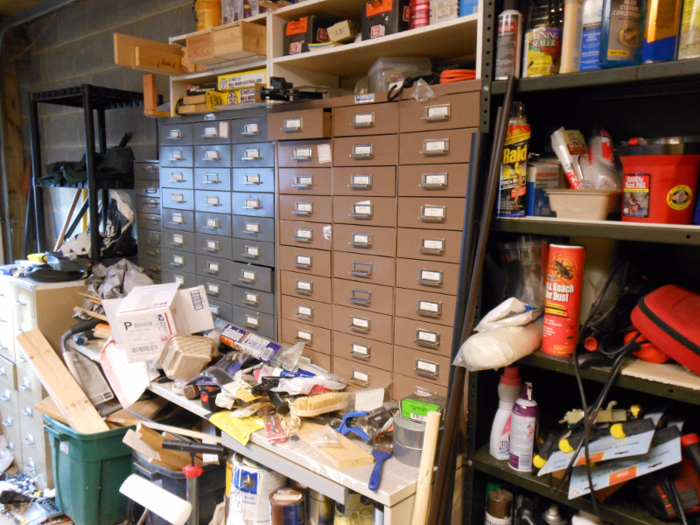
If your neighbors' homes and yards look sloppy, home shoppers tend to put a lower value on your home.
A nearby property's overgrown yard, peeling paint, and clutter can easily knock 5% to 10% off the sale price of your home, Joe Magdziarz, president of the Appraisal Institute and a real-estate appraiser with 40 years of experience, told MSN Money.
Noisy neighbors
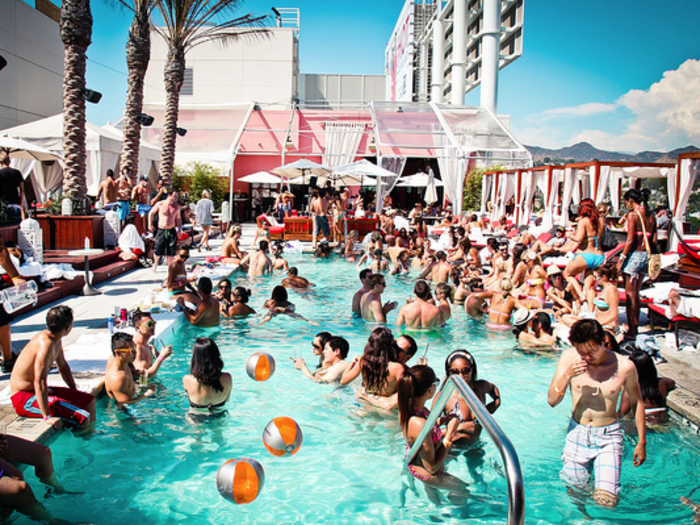
Noisy neighbors are just as likely to scare off homebuyers as messy neighbors.
"I've seen many situations where external factors, such as living near a bad neighbor, can lower home values by more than 5% to 10%," says Appraisal Institute President Richard L. Borges on Appraisal Institute's blog. "Homeowners should be aware of what is going on in their neighborhood and how others' bad behaviors could affect their home's value."
Foreclosure graveyards
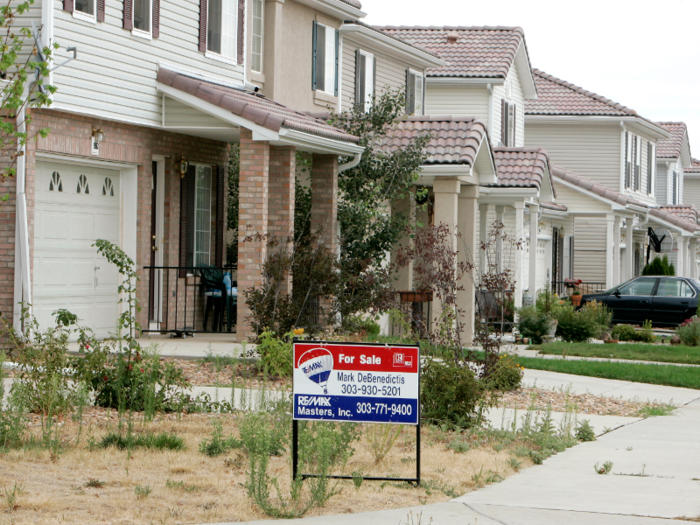
Foreclosures are eyesores and can easily drive down the value of your home.
Across America, foreclosures were found to cause an average $7,200 price decline for every nearby home. Another study found that homeowners living within 300 feet of a foreclosed residential property experienced a 1.3% decline in home value — and those 300 to 500 feet away saw a drop of 0.6%.
Fracking

If you live in a fracking hotspot — fracking is a controversial method of extracting shale gas — your property value may be threatened.
A team of Duke University economists and nonprofit research organization Resources for the Future found that Pennsylvania homeowners who used local groundwater for drinking lost up to 24% of their property value if they lived within 1.25 miles of a shale gas well.
And that's even without solid evidence that fracking really poses a threat to drinking water. Public perception alone is enough to drive down home values.
Registered sex offenders

The publicly available National Sex Offender Registry is one way to vet your neighbors, but it's also made it easier for interested buyers to vet homes before moving in as well. Sex offenders have been proven to drive down property values.
Houses next door to a registered sex offender dropped by up to 12%, according to a 2008 study by the American Economic Review.
Billboards
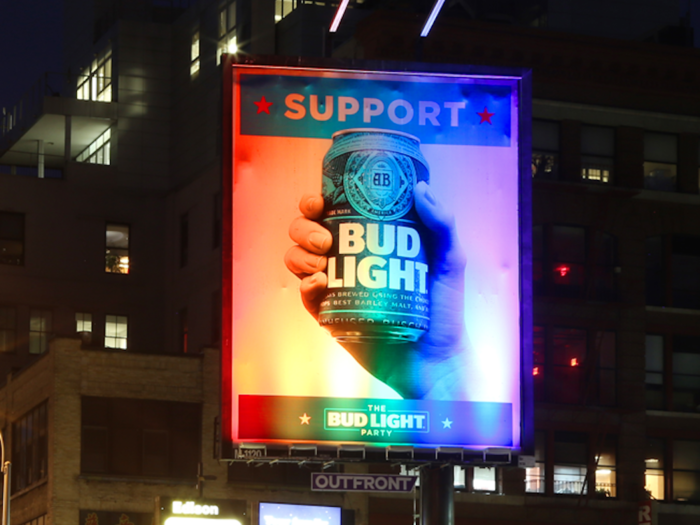
In "Beyond Aesthetics: How Billboards Affect Economic Prosperity," urban planner Jonathan Snyder found that homes within 500 feet of a billboard were worth $30,826 less on average at the time of sale than others farther away.
On the flip side, areas where communities implemented strict billboard controls had higher median incomes, lower poverty rates, and lower home-vacancy rates.
Bad schools
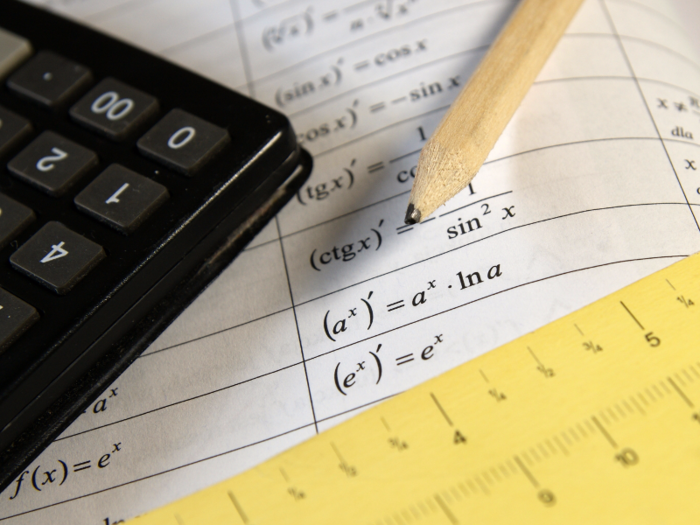
School quality is often a top priority for homebuyers, and that means neighborhoods almost always benefit from being in close proximity to the cream of the crop.
A 2010 study by the St. Louis Federal Reserve Bank found that "the price premium from school quality remains substantially large, particularly for neighborhoods associated with high-quality schools."
Unfortunately, the flip side of this scenario is that neighborhoods near closed-down or low-ranking schools are less attractive and tend to see their property values lowered.
Certain renovations
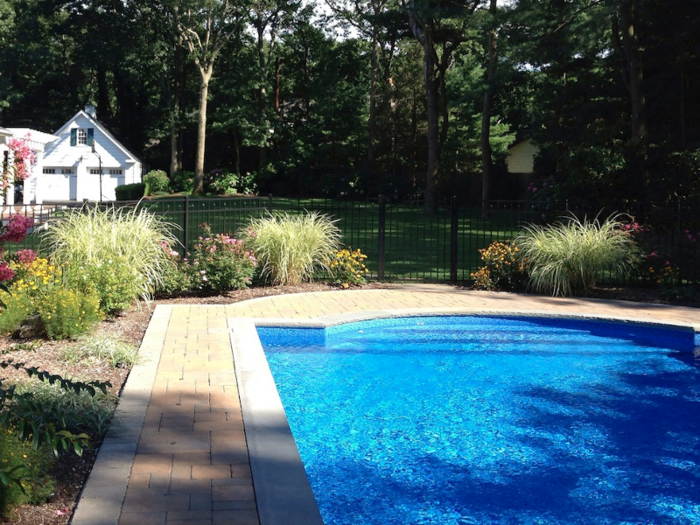
While many renovations add to a home's resale value, certain renovations can actually make your home less attractive to potential buyers.
For example, adding a pool, particularly in places with cooler climates, could turn off home shoppers who don't want to deal with the expensive upkeep. In a similar vein, going overboard on landscaping or gardening can hurt you if buyers see it as too much maintenance to deal with.
Unusual colors
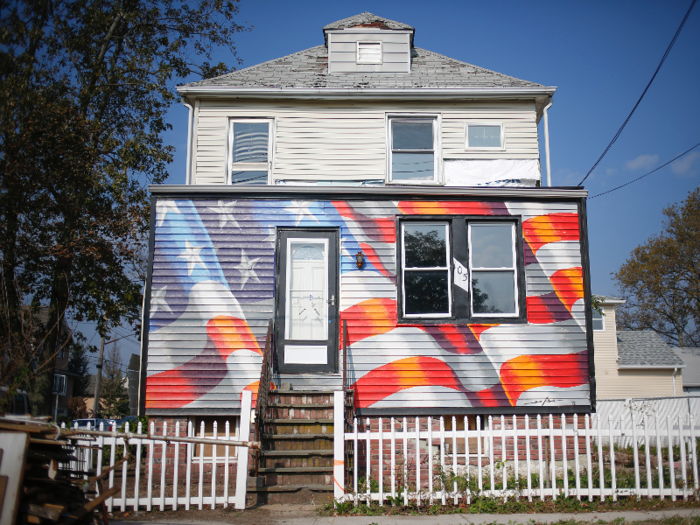
The color of your home is one of the first things a buyer will notice. If it stands out in your neighborhood, it could torpedo your home's selling price.
The same goes for the interior. A bright-pink living room could discourage potential buyers, as they may not be able to picture themselves in that home.
Too many upgrades
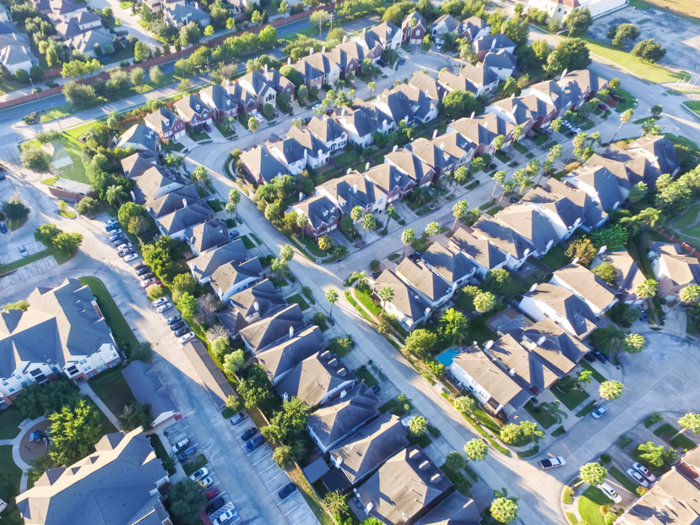
Location plays a huge role in your home's value, and similarly sized homes in the same area usually sell for around the same amount — regardless of fancy upgrades such as pools or outdoor kitchens. According to U.S. News & World Report, similar homes in the same subdivision typically sell within a 20% price range of each other.
Spending $100,000 on extras doesn't necessarily mean that the house will sell for $100,000 more, and, depending on the additions, they can make the home less attractive to prospective buyers.
Noise pollution
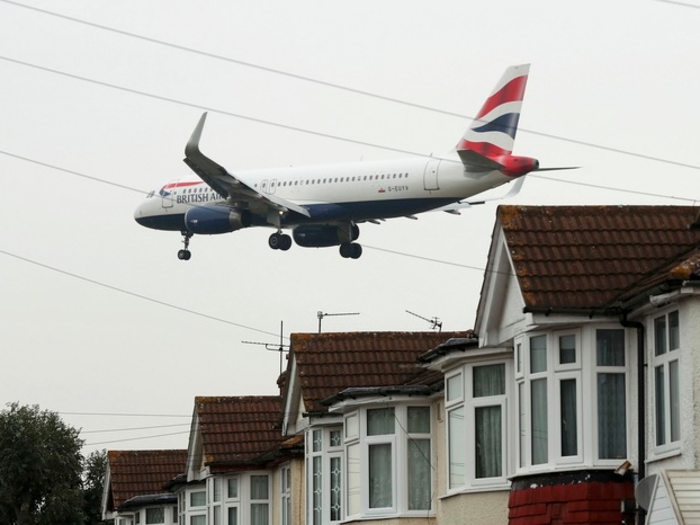
If your home is close to a highway, train tracks, or an airport, the constant noise from cars zooming by, trains rattling past, and planes landing can be distracting, thus dragging down the resale value of the house.
"There is a statistically significant negative relationship between airport noise and residential property values," according to a study from ResearchGate.
Popular Right Now
Popular Keywords
Advertisement